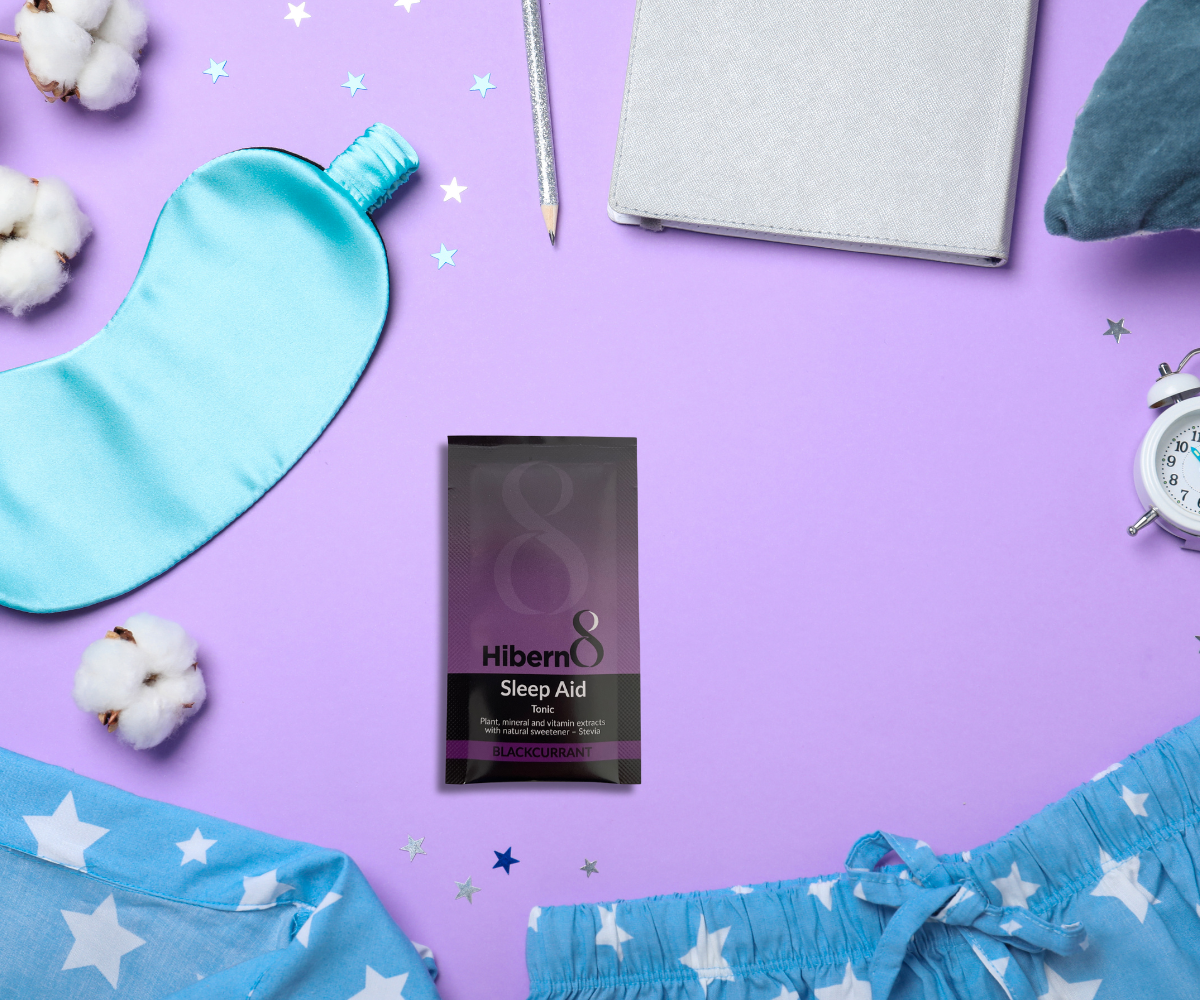Beauty Sleep: Exploring the Scientific Relationship Between Sleep and Physical Appearance

Sleep is a vital physiological process that plays a crucial role in maintaining overall health and well-being. If you're aware of Darwin's theory of evolution, then sleep should have been phased out a long time ago! Yet sleep is here to stay and consumes a third of our 24 hour time cycle.
Beyond its well-established benefits for cognitive function, immune system regulation, and emotional balance, emerging research suggests that sleep also exerts a significant influence on physical appearance and perceived attractiveness. This article aims to review the scientific evidence supporting the notion of "beauty sleep" and elucidate the mechanisms through which adequate sleep can enhance various aspects of beauty, including skin health, facial appearance, and overall personal attractiveness. Understanding these mechanisms may offer valuable insights into promoting holistic approaches to beauty and wellness.
The concept of "beauty sleep" has been ingrained in popular culture for centuries, but its scientific basis has only recently gained attention. While the subjective experience of looking refreshed after a good night's sleep is widely acknowledged, researchers are now uncovering the physiological mechanisms that underlie this phenomenon. Sleep deprivation, on the other hand, has been associated with a range of adverse effects on physical appearance, including dull skin, puffy eyes, and an overall tired and aged appearance. By exploring the intricate relationship between sleep and beauty, we can gain valuable insights into optimizing both physical appearance and overall well-being.
Skin Health: The skin is the body's largest organ and serves as a primary indicator of health and vitality. Adequate sleep is essential for maintaining optimal skin function and appearance. During sleep, the body undergoes a process of repair and regeneration, during which skin cells proliferate and collagen synthesis peaks. Collagen, a structural protein abundant in the skin, contributes to its firmness, elasticity, and youthful appearance. Chronic sleep deprivation disrupts this regenerative process, leading to decreased collagen production, impaired wound healing, and increased oxidative stress. Consequently, sleep-deprived individuals are more prone to skin problems such as wrinkles, fine lines, and uneven pigmentation. Moreover, inadequate sleep compromises the skin's barrier function, making it more susceptible to environmental damage and inflammation. Thus, prioritizing sufficient sleep is crucial for maintaining radiant, youthful skin.
Facial Appearance: Sleep deprivation not only affects skin health but also influences facial appearance in subtle yet perceptible ways. Research has shown that sleep-deprived individuals are perceived as less attractive, less healthy, and more fatigued compared to their well-rested counterparts. One study found that sleep restriction led to droopier eyelids, redder eyes, more swollen eyes, and darker under-eye circles, all of which contribute to a less attractive facial appearance. Additionally, sleep deprivation alters facial expressions, making individuals appear more tired, sad, and less approachable. These changes in facial appearance can have significant social and psychological implications, impacting interpersonal relationships and self-esteem. Conversely, getting adequate sleep enhances facial attractiveness by promoting brighter, more youthful-looking skin, vibrant eye appearance, and a more positive facial expression.
Mechanisms: Several physiological mechanisms underlie the link between sleep and beauty. One key mechanism is the regulation of inflammatory pathways. Sleep deprivation activates inflammatory pathways in the body, leading to increased production of pro-inflammatory cytokines and reactive oxygen species. Chronic inflammation contributes to various skin conditions, including acne, eczema, and psoriasis, as well as accelerated skin aging. Furthermore, sleep plays a crucial role in hormonal balance, particularly the regulation of cortisol and growth hormone levels. Cortisol, often referred to as the stress hormone, is associated with skin problems such as acne and impaired wound healing when chronically elevated. Growth hormone, on the other hand, promotes tissue repair and regeneration, including skin cell turnover and collagen synthesis. Adequate sleep helps maintain a healthy balance of these hormones, supporting optimal skin health and appearance.
In conclusion, sleep is a fundamental pillar of beauty and overall well-being. By promoting skin repair and regeneration, regulating inflammatory pathways, and optimising hormonal balance, adequate sleep enhances various aspects of physical appearance, including skin health and facial glow. Recognising the importance of "beauty sleep" underscores the value of adopting healthy sleep habits as part of a comprehensive approach to beauty and wellness. Future research exploring the interplay between sleep, beauty, and psychological factors may further elucidate the mechanisms underlying this fascinating relationship and inform strategies for promoting optimal physical appearance and self-esteem.
With Hibern8, you will not only achieve the best sleep, it will also support the anti-inflammatory pathways, which in return can help your 'beauty sleep'.







